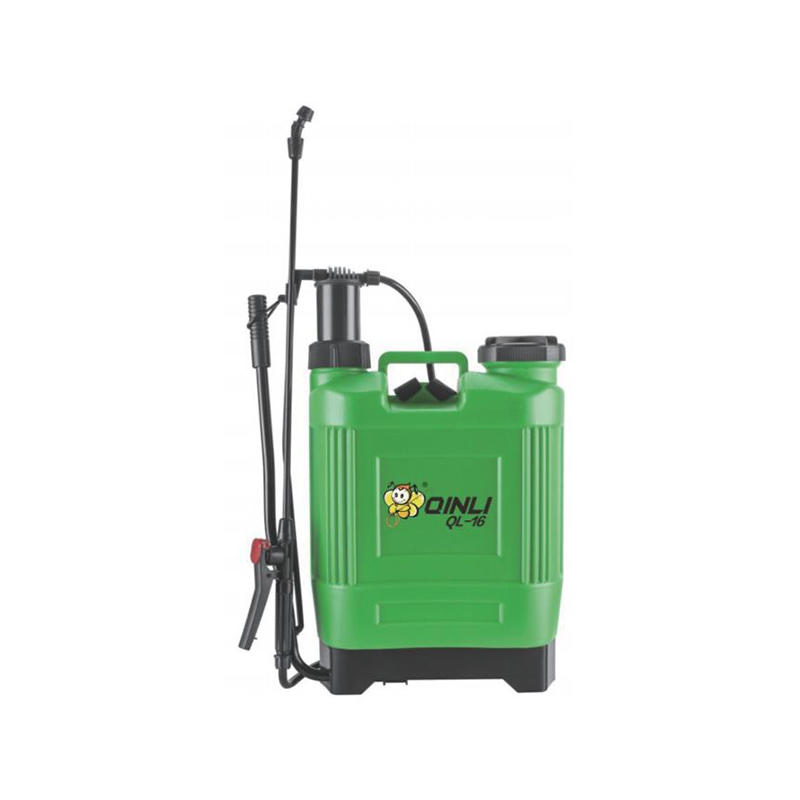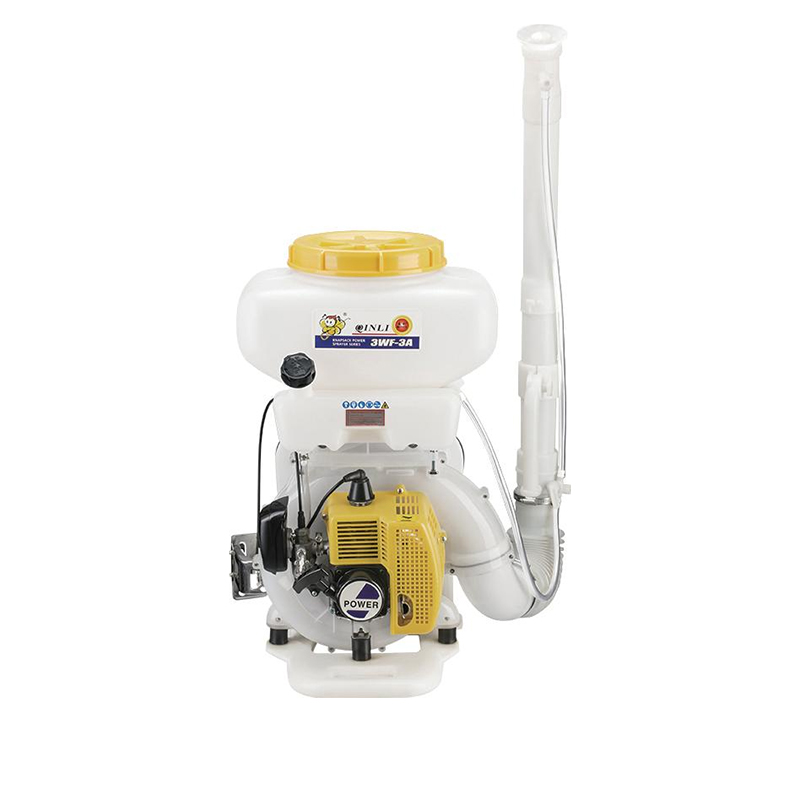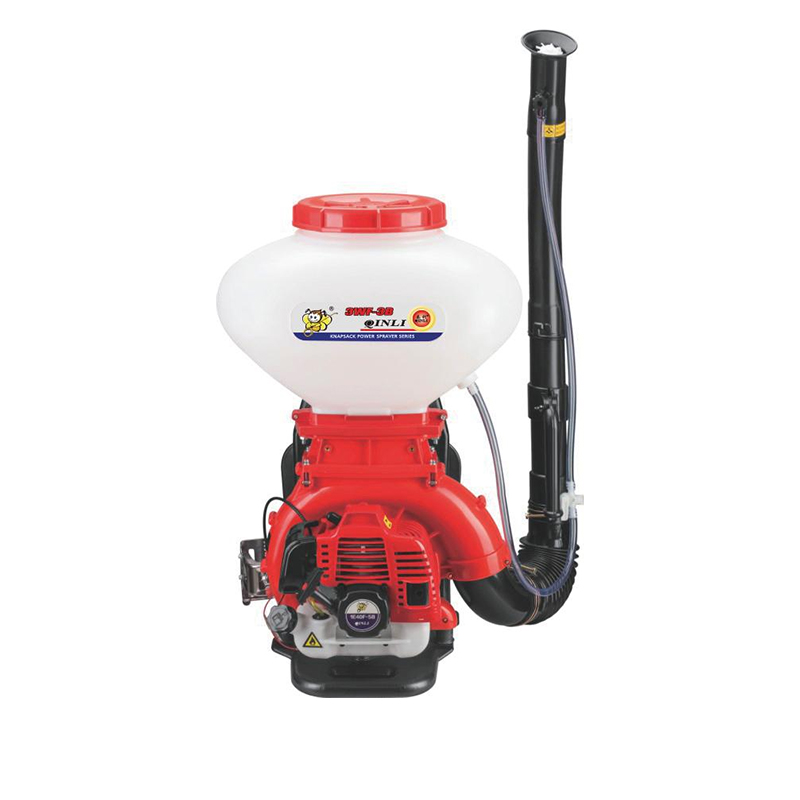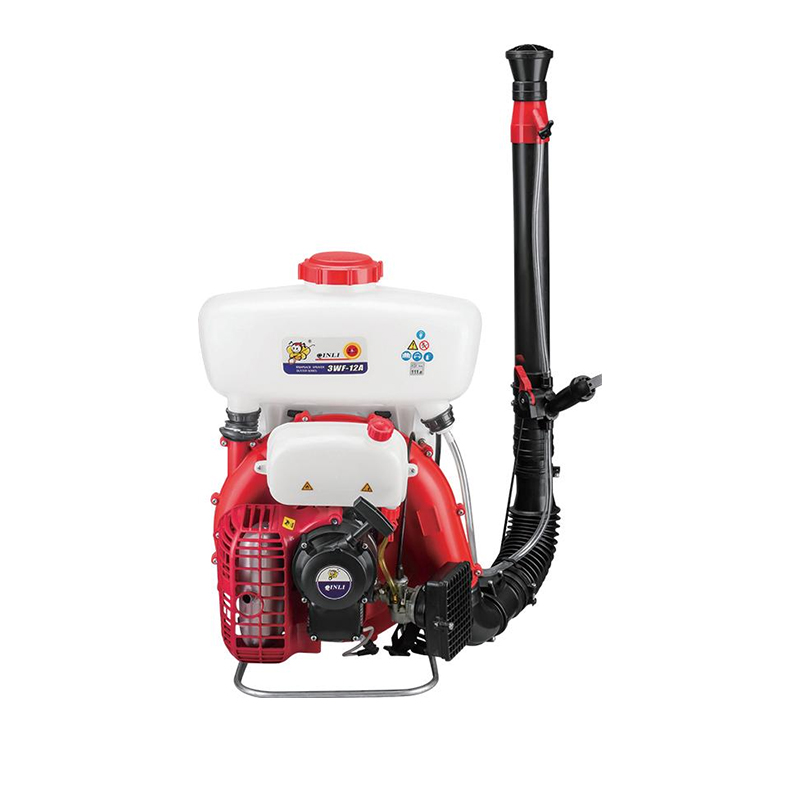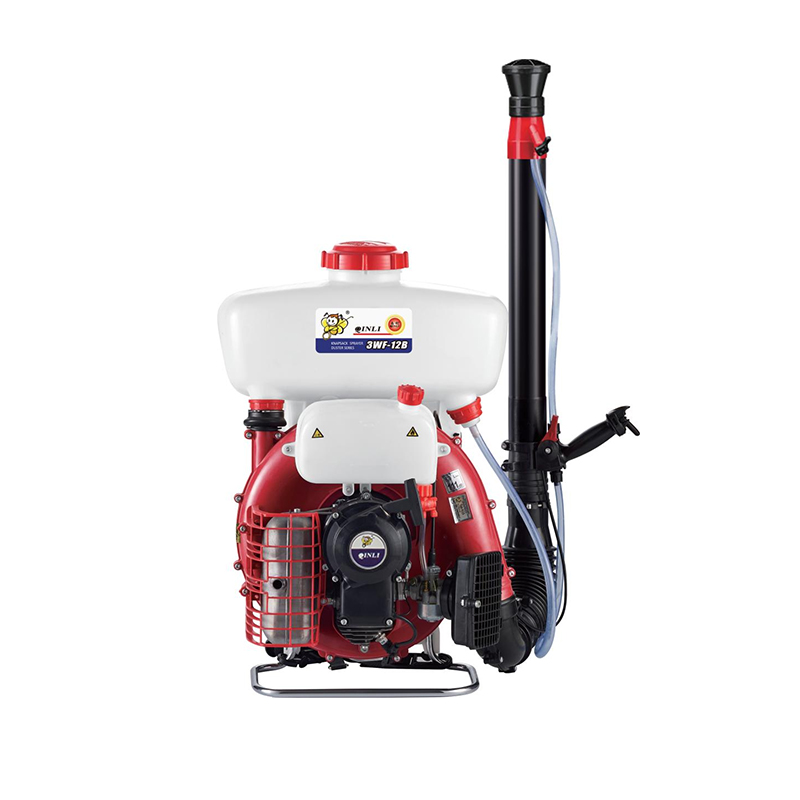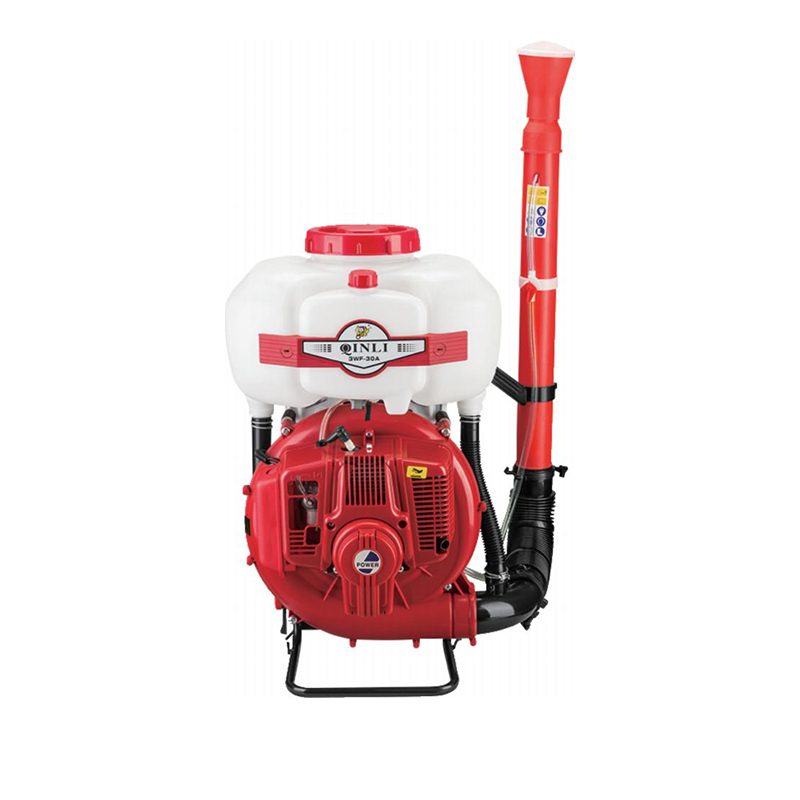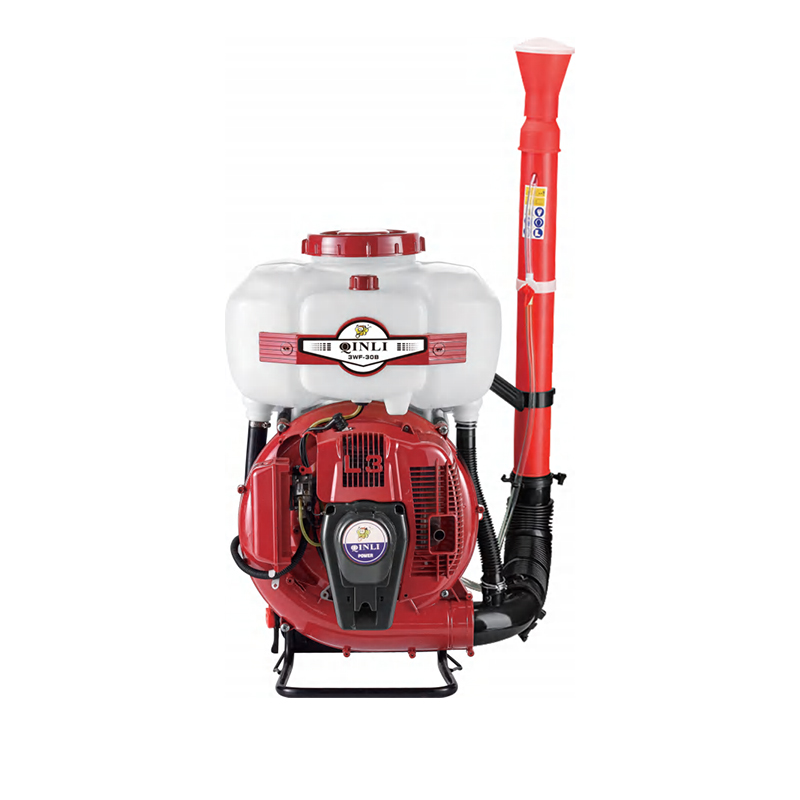Product Search
Industrial Gasoline Vapor Engines for Construction and Agriculture
Industrial operations often require reliable, efficient, and versatile power sources to support machinery, tools, and processes. One technology that provides these capabilities is the industrial gasoline vapor engine. These engines are designed to deliver consistent performance in various industrial applications, offering a practical alternative to traditional power systems.
An industrial gasoline vapor engine operates using gasoline as fuel, converting chemical energy into mechanical energy to drive equipment. The vaporization process ensures more complete combustion, which improves efficiency and reduces unburned fuel waste. This type of engine is commonly used in industrial machinery, small-scale power generation, construction equipment, and portable tools where consistent and controllable power output is essential.
One of the main advantages of industrial gasoline vapor engines is their reliability. These engines are built to handle continuous operation under demanding conditions, including high temperatures, heavy loads, and extended working hours. Industrial-grade components such as durable pistons, reinforced cylinders, and robust ignition systems ensure long-lasting performance. This makes gasoline vapor engines suitable for applications that require a steady and uninterrupted power supply.
Efficiency is another key feature. The vaporization of gasoline allows the engine to burn fuel more completely, producing more energy from the same amount of fuel. This results in better fuel economy compared to conventional engines, lowering operational costs in industrial settings. Additionally, efficient combustion reduces the emission of unburned hydrocarbons, contributing to cleaner operation and supporting environmental standards.
Versatility is an important characteristic of industrial gasoline vapor engines. They can be used to power a wide range of industrial equipment, including pumps, compressors, generators, small machinery, and construction tools. Their compact design and relatively lightweight construction make them easy to install and transport, providing flexibility for both stationary and mobile operations. Adjustable speed controls and throttle systems allow operators to fine-tune performance to match specific industrial requirements.
Maintenance and safety are critical considerations for industrial engines. Regular maintenance, such as checking fuel systems, lubricating moving parts, and inspecting spark plugs, ensures good performance and prevents unexpected downtime. Gasoline vapor engines are designed with safety in mind, featuring protective housing, cooling systems, and flame arrestors to prevent overheating and reduce fire risks. Operators should follow proper handling guidelines and wear appropriate safety equipment during operation.
Applications of industrial gasoline vapor engines are diverse. In agriculture, they power water pumps, grain processing machines, and other field equipment. In construction, they drive generators, concrete mixers, and portable tools. Industrial manufacturing facilities use them for small-scale production machinery and auxiliary equipment where a reliable, controllable power source is necessary. Their portability, efficiency, and reliability make gasoline vapor engines a valuable component in many sectors.
In conclusion, industrial gasoline vapor engines provide an efficient and reliable power solution for a wide range of industrial applications. Their durability, fuel efficiency, and versatility enable continuous operation under demanding conditions. By combining robust design, precise fuel vaporization, and easy maintenance, these engines help industries improve productivity, reduce operational costs, and maintain consistent performance. With proper operation and care, industrial gasoline vapor engines continue to be a practical and valuable choice for modern industrial power needs.
Recommended Products
- CONTACT DETAILS
-
- +86-13857697898
- +86-576-88121879
- export@qinlisprayer.com
- 18 Yanhai, sanjia Street, Jiao Jiang Dis, Taizhou city, Zhejiang, China
 Download Sample
Download Sample
- PRODUCT CENTER
- SEND A MESSAGE



 English
English  中文简体
中文简体  Español
Español  عربى
عربى 
